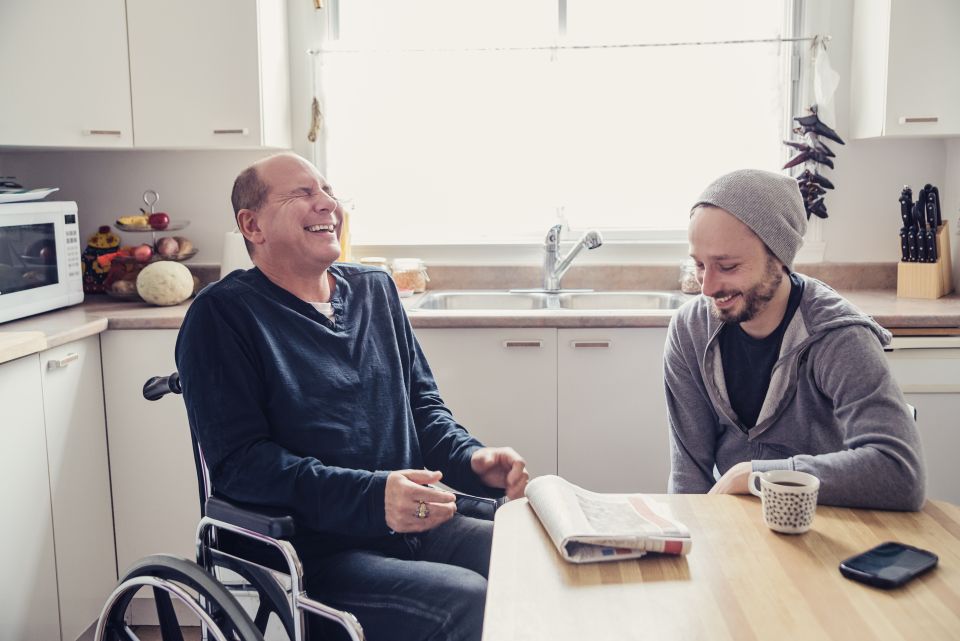Enterprise Joins Forces with Seattle Faith Communities to Build Affordable Homes
Our Pacific Northwest team is joining forces with local faith-based organizations working to address the affordable housing shortage and strengthen communities.
Our Pacific Northwest team is joining forces with local faith-based organizations working to address the affordable housing shortage and strengthen communities.

Our nation’s affordable housing crisis is felt acutely in New York due to limited affordable units, wage stagnation, rising rents, low rental vacancies, rapid population growth, a lack of tenant protections in the city and housing quality issues in upstate communities. Further complicating the situation is the city’s history of redlining, which has placed the New York among the most segregated cities in America.
Our focus on fair housing in New York intensified with the passage of HUD’s national fair housing requirements in 2015. That same year, we partnered with Designing the WE to bring Undesign the Redline to New York City. Since then, we’ve not only helped advocate for fair housing and source of income legislation, we’ve developed resources and training to amplify the impact of those policies once they became law.
In 2017, we partnered with Erase Racism to elevate and expand source of income discrimination in New York housing. Together, we began leading The Statewide Source of Income Coalition and were able to successfully advocate for a ban on source of income discrimination in 2019. This critical win protected renters’ ability to use non-wage income to live in communities they chose all across New York.
Our efforts to eliminate income bias did not end when the landmark legislation passed. We got to work right away on a dynamic, omni-channel public awareness campaign that educated residents about source of income inequality. Our materials also connected New Yorkers with resources they could use if they experienced source of income discrimination.

In 2017, we co-convened the Regional Affordable and Fair Housing Roundtable in collaboration with the Fair Housing Justice Center. The roundtable started by educating 30 leading affordable housing and fair housing organizations on key areas of concern. Next, the group identified shared priorities that affected both sectors to foster collective action. Finally, the group developed a shared policy platform which they published as a comprehensive report.
Closing the Divide: Creating Equitable, Inclusive and Affordable Communities outlines a shared policy agenda, highlighting several recommendations to address issues faced by affordable and fair housing industries across the New York City region. This platform continues to guide our fair housing work, kickstarting advocacy around zoning, and protections for New Yorkers impacted by the criminal legal system.